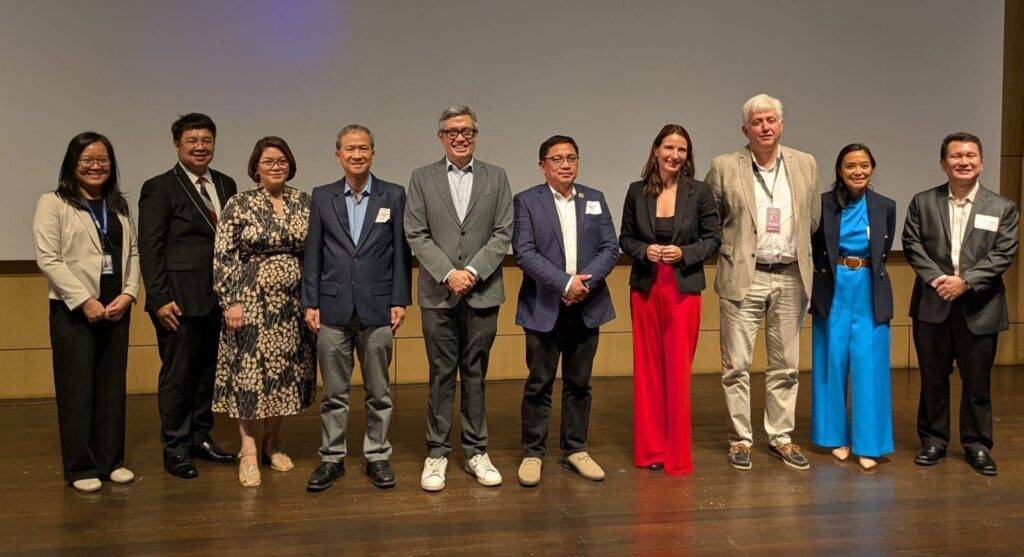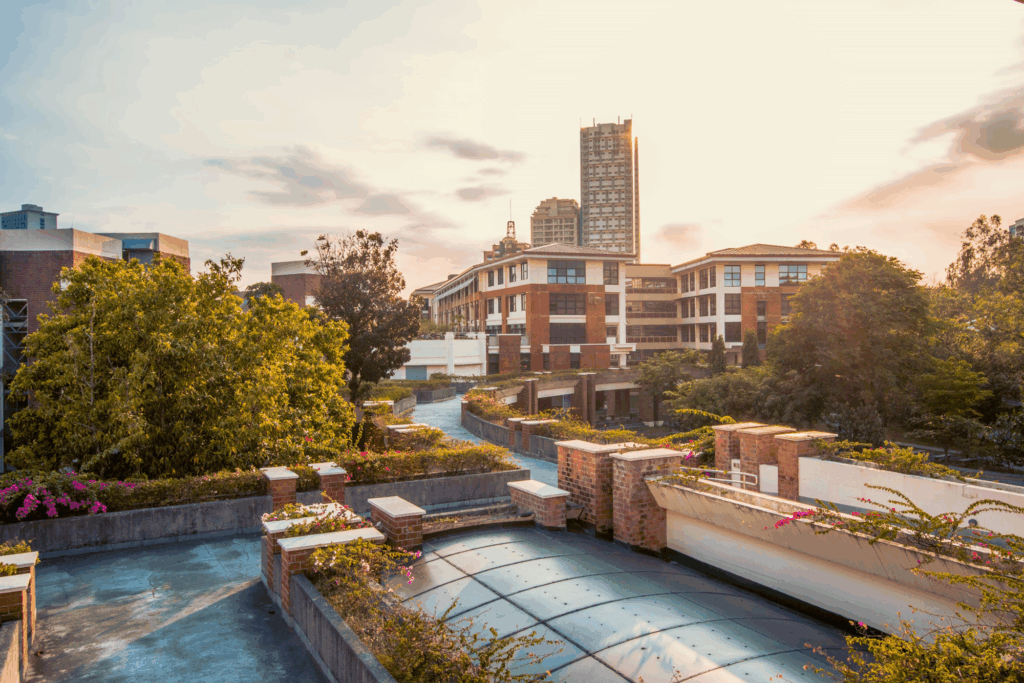Icam Opens Its 14th Campus in the Philippines and Launches a Brand-New International Bachelor’s Program
International
25 Sep 2025
This academic year, Icam inaugurates its 14th campus in Manila and launches its international Bachelor’s program, the Bachelor of Science in Innovation Design Engineering (BS IDE), a first of its kind! The BS IDE is indeed the first multidisciplinary, international, and professionally oriented engineering program ever offered in the Philippines.
“The launch of the BS IDE in Manila is the result of 25 years of a strong partnership between Icam and Ateneo,” says Gilles Vandecaveye, Managing Director of Icam. “We share a common vision: social engagement, diversity, integral ecology, and global openness. Each new campus is co-built with local stakeholders, through an intercultural approach.”
To mark the occasion, an inauguration ceremony was held on September 16, attended by Marie Fontanel, Ambassador of France to the Philippines, representatives from Icam and Ateneo de Manila University, Desiderio Apag III from the Commission on Higher Education (CHED), as well as BS IDE faculty teams and students.

A Successful First Intake: 26 Students
Since 2020, teams from Icam and Ateneo have been working together to launch the BS IDE, the Philippine version of Icam’s international Bachelor’s program.
“Following pilot exchange programs in 2023 and 2024, the Commission on Higher Education approved the degree in June 2024. The recruitment phase confirmed strong interest, with over 2,000 applications. After a rigorous selection process, 26 students were admitted—a real success,” explains Pia-Marie Larin, project manager.
The 26 admitted students (25 Filipinos and 1 Indonesian) were proud to wear the colors of this new program—and even prepared a surprise for the inauguration, showcasing their energy, enthusiasm, and motivation, even though they had only just begun the program!
Active, Project-Based Learning Valued by Industry
Developed in partnership with Ateneo de Manila University, the 4-year program combines academic excellence, industry experience, a commitment to integral ecology, and international exposure—with a mandatory year in France.
“The BS IDE is built on active and project-based pedagogy, which is highly valued by employers,” says Matthieu Vicot, Deputy Managing Director for Higher Education and Research at Icam.
The program is also deeply integrated into the local socio-economic fabric. BS IDE students will alternate between academic courses and internships with industry partners such as Engie. Eighteen partner companies were present at the inauguration.
Ivan Lam, Operations and Project Director at Engie, welcomed the program:
“We’ve already hosted Icam students as interns. Their autonomy, creativity, and commitment impressed us—they’re exactly the kind of profiles we need to accelerate the energy transition in the Philippines.”
Training Engineers Where They’re Needed Most
In the Philippines, there is an urgent demand for qualified engineers. Only 35% of the population has access to higher education, and the country—home to 110 million people—faces major challenges in engineering and ecological transition.
By 2025, the country is expected to need 1.8 million engineers, especially in sustainable development, as the Philippines is the second most climate-vulnerable country in the world. With 400 engineering students out of 40,000 at Ateneo in Manila, the Bachelor of Science in Innovation Design Engineering (BS IDE) is expected to quickly double its enrollment.

Raphaël Guerrero, Dean of the School of Science and Engineering at Ateneo de Manila University, explains:
“This program equips students with the tools to design solutions that are tailored to the realities of the Philippines—whether in renewable energy, agroecology, or disaster risk management.”
It’s worth noting that a FabLab, equipped with 3D printers and prototyping tools, was inaugurated in 2023 with the support of the French Embassy and 17 corporate partners. This lab enables students to develop local solutions, such as low-cost water filtration systems or typhoon-resilient housing prototypes.
Matthieu Vicot concludes: “The BS IDE builds bridges between cultures and continents, enabling students to address global environmental issues in a collaborative way.
Environmental and social crises require pragmatic responses and demand well-trained engineers, capable of finding technical solutions to complex problems.
In the final year, students take on a low-tech housing project, designing and building homes adapted to the needs of disadvantaged communities. I am therefore convinced that the BS IDE meets a need for businesses, for the Philippines but also for the world.”